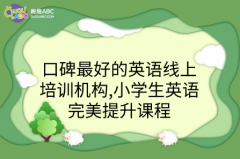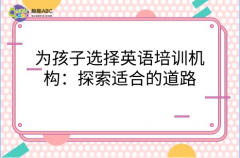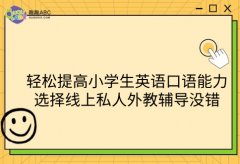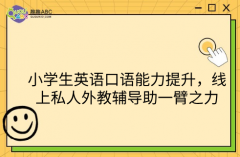进行时表示某个时间正在进行的动作,通常会用“be动词+doing”的结构,分为过去进行时、现在进行时以及将来进行时三种,我们可以分别了解一下。
一、过去进行时
1.概念:表示过去某段时间或某一时刻正在发生或进行的行为或动作。
My brother fell while he was riding his bicycle and hurt himself。
我兄弟骑车时摔了下来,受了伤。
When I got to the top of the mountain, the sun was shining。
我到达山顶时,阳光灿烂。
2.常用时间状语:at this time yesterday, at that time或以when引导的谓语动词是一般过去时的时间状语等。
3.基本结构:
was/were + doing
否定形式:was/were + not + doing。
一般疑问句:把was或were放于句首。
4.用法
1) 过去进行时表示过去某段时间内持续进行的动作或者事情。
We were watching TV from seven to nine last night。
昨天晚上七点到九点的时候我们在看电视。
2) 过去进行时可以表示在过去某个时间点发生的事情。
时间点可以用介词短语、副词或从句来表示。
What was she doing at nine o‘clock yesterday?
昨天晚上九点她在做什么? (介词短语表示时间点)
She was doing her homework then。
那个时候她正在写作业。(副词表示时间点)
When I saw him he was decorating his room。
当我看见他的时候他正在装饰房间。(when从句表示时间点)
3) 在复合句中,如果主要动作和背景动作都是延续的或同时发生的,那么主从句的动词都可用过去进行时。
When he was waiting for the bus, he was reading a newspaper。
他边等车边看报。(两个动作都是延续的)
He was cleaning his car while I was cooking。
他擦车时我在做饭。(两个动作同时进行)

二、现在进行时
1.概念:表示现阶段或说话时正在进行的动作及行为。
2.时间状语:now, at this time, these days, etc。
3.基本结构:
am/is/are + doing
否定形式:am/is/are + not + doing。
一般疑问句:把be动词放于句首。
4.用法:
1) 表示现在(指说话人说话时)正在发生的事情。
例如:We are waiting for you。我们正在等你。
2) 习惯进行:表示长期的或重复性的动作,说话时动作未必正在进行。
例如:Mr。Green is writing another novel。他在写另一部小说。(说话时并未在写,只处于写作的状态。)
3) 表示渐变,这样的动词有:get, grow, become, turn, run, go, begin等。
例如:The leaves are turning red。叶子在变红。
It‘s getting warmer and warmer。天越来越热了。
4) 与always, constantly, forever 等词连用,表示反复发生的动作或持续存在的状态,往往带有说话人的主观色彩。例如:
You are always changing your mind。你老是改变主意。
5) 用现在进行时表示将来
下列动词come, go, arrive, leave, start, begin, return等瞬时动词的现在进行时可以表示将来。
例如:I‘m leaving tomorrow。明天我要走了。
Are you staying here till next week? 你会在这儿呆到下周吗?
三、将来进行时
将来进行时的用法
1. 概念:将来进行时是指将来某个时间正在进行的动作。
2. 基本结构:主语+will be/be going to be +doing
I will be sleeping at 12:00 p.m. 十二点的时候我将在睡觉。
I will be studying in university at the age of 20. 我20岁的时候我将会在大学里学习。
3. 用法:
1)表示将来某一时间正在进行的动作,一般带状语。
What will you be doing at this time next Monday? 下周一的这个时候你会做什么?
When he comes to my house tomorrow, I will be writing the report. 明天他来我家时,我将在写报告。
2)表示现在正在进行的动作,但这个动作会延续到将来。
I wonder if it will still be raining this afternoon. 我想知道今天下午是否还会一直下雨。
I think that she will be working on this experiment until next morning. 我想她会一直在做这个实验直到第二天早上。
3)表示预定的将来动作或对将来的预测。
Tomorrow I will be flying to Bombay. 明天我将飞往孟买。
After you take the medicine, you will be feeling much better. 吃完药后,你会感觉好很多。
4)表示委婉的请求。
When shall we be meeting again? 我们什么时候能再见面?
5)表示原因。
Please come tomorrow afternoon. Tomorrow morning I’ll be having a meeting. 请明天下午过来。明天早上我将有一个会议。
6)表示结果。
Stop the child or he will be falling over. 快阻止那个孩子,要不然他会摔跤的。
7)表示对将来的打算(区别于对将来的预测)
My duties will end in July, and I’ll be returning to Beijing. 七月我将结束工作,返回北京。

 400-009-0512
400-009-0512






 微信服务号
微信服务号 微信服务号
微信服务号